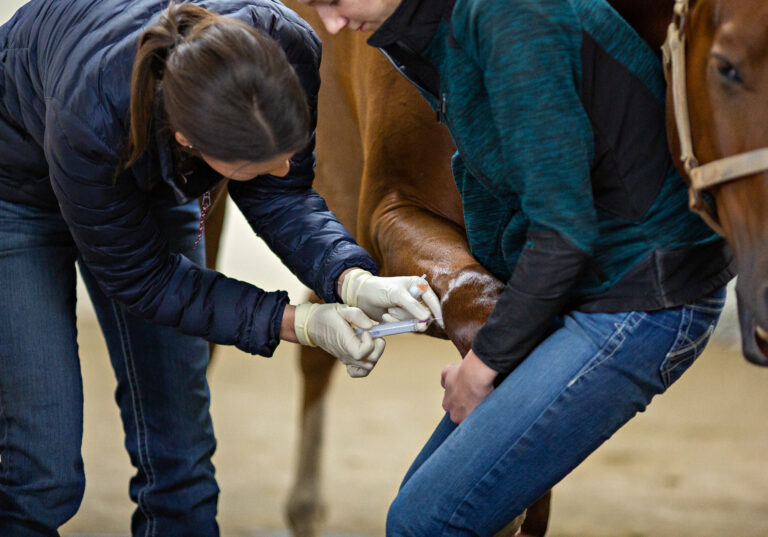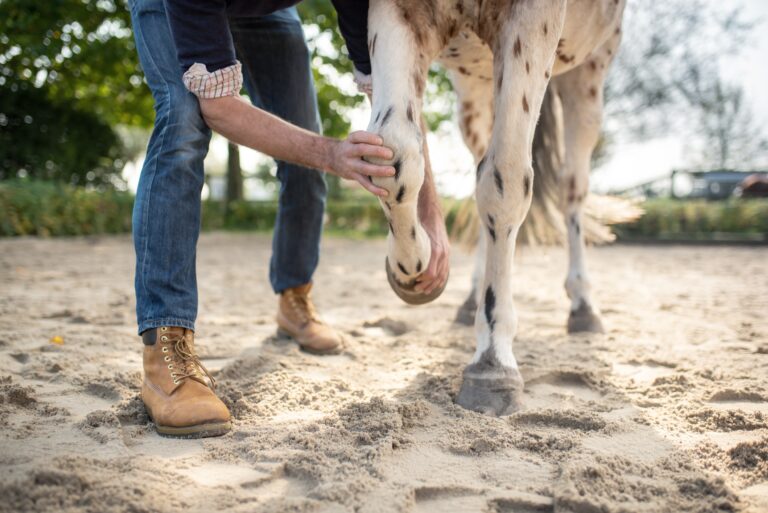
Beet pulp is a popular feed additive for its high fiber and caloric content, as well as low expense. Some horses with specific metabolic problems exacerbated by dietary sugars—exertional rhabdomyolysis or polysaccharide storage myopathy, for example— might be sensitive to too much circulating glucose obtained from feed sources.
A study by Kentucky Equine Research (Groff, L,; Pagan, J.; Hoek, K.; Gardner, S.; Rice, O.; Roose, K.; Geor, R.) fed three different preparations of shredded beet pulp to four mature Thoroughbred horses. Each treatment was fed at the same weight of dry foodstuff for seven days, added to a base diet of oats and alfalfa hay cubes. The horses had access to turnout but no access to pasture grass.
The four diets in this study consisted of:
- Rinsed beet pulp – prepared with soaking overnight, then repeatedly rinsed and washed until glucose concentrations were < 1mg/dl.
- Hydrated beet pulp – soaked overnight and fed with supernatant remaining
- Dry beet pulp with added 10% molasses
- Whole oats
The glycemic responses – after seven days of each feeding treatment – were evaluated by measuring plasma glucose pre-feeding the final morning and at 30-minute intervals after feeding for the next eight hours.
The highest glycemic responses occurred with the beet pulp-molasses supplement and similarly with whole oats. A negligible glycemic response occurred using the rinse method of preparation. The glycemic response to the hydrated method was somewhere in between the responses seen with whole oats or beet pulp-molasses.
The authors concluded that: “These findings have important implications in the design of diets and feeding methods for horses that require diets low in hydrolyzable carbohydrate (e.g., horses with recurrent exertional rhabdomyolysis, or polysaccharide storage myopathy).”

![[Aggregator] Downloaded image for imported item #18395](https://s3.amazonaws.com/wp-s3-equimanagement.com/wp-content/uploads/2025/09/30141538/EDCC-Unbranded-23-scaled-1-768x513.jpeg)


